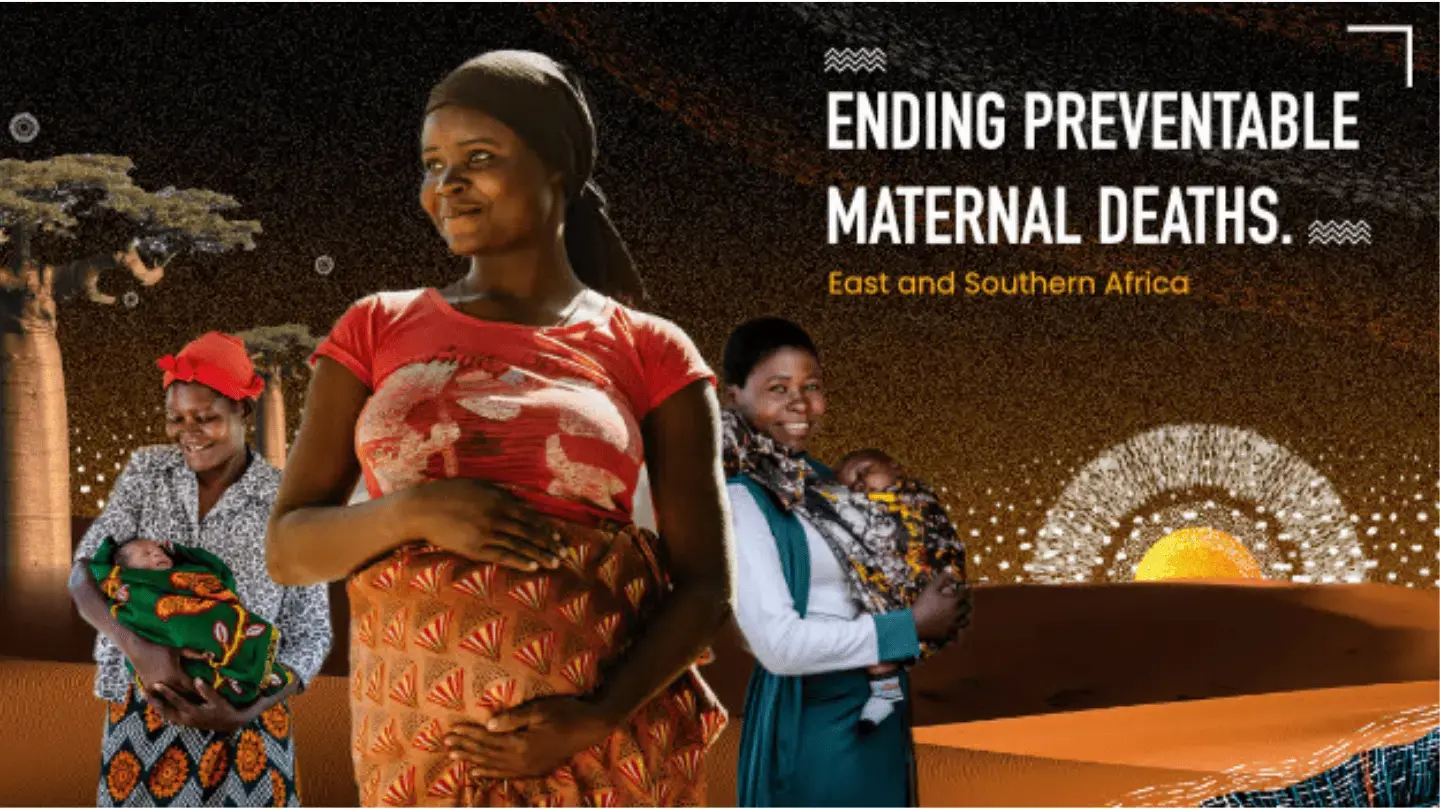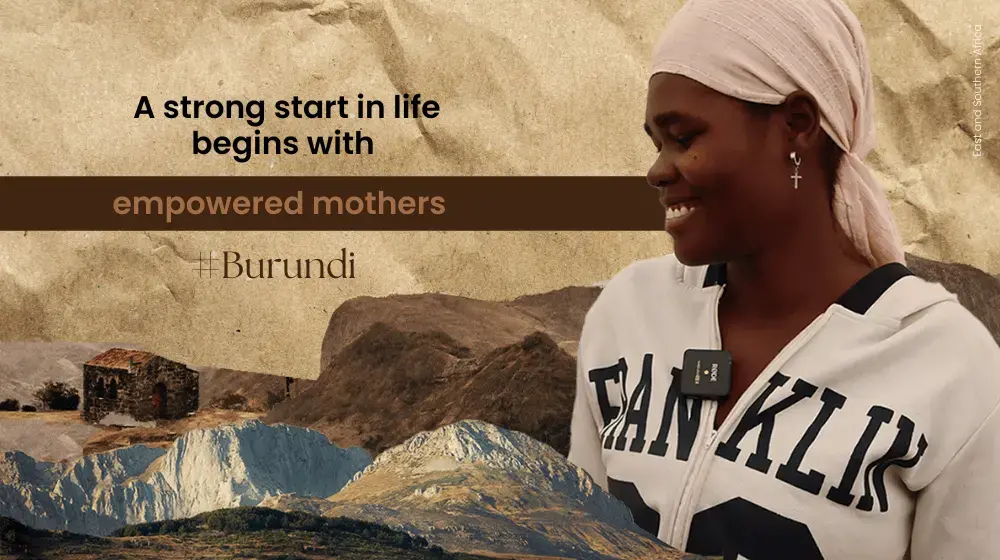UNITED NATIONS, New York, 15 May 2014 — As the conflict in South Sudan continues to intensify, UNFPA, the United Nations Population Fund, warns that an estimated 200,000 pregnant women will be in need of urgent care this year alone.
Health systems are currently deteriorating and few skilled health professionals remain in the country, which means that around 30,000 of these women could experience life-threatening complications. Today, South Sudan’s Ministry of Health declared a cholera outbreak in the capital, Juba, further putting pregnant women at risk.
When South Sudan became independent in 2011, it had the highest maternal mortality rate in the world - at more than 2000 deaths per 100,000 live births.
“Women do not stop getting pregnant or having babies when a disaster strikes,” says Dr. Babatunde Osotimehin, UNFPA’s Executive Director and United Nations Under-Secretary- General. “Women also overcome immense obstacles to provide care and safety for others – even as their own vulnerability to malnutrition, sexual violence and exploitation, unplanned pregnancy and unassisted childbirth increases.”
Dr. Osotimehin will be joining Under-Secretary-General and Emergency Relief Coordinator Valerie Amos and a number of government representatives at a high level pledging conference for South Sudan, organized by the Norwegian government, in Oslo on 20 May. He will be appealing to donors for $25 million to ensure that additional lifesaving reproductive health care and gender-based violence services are put in place throughout South Sudan and in neighbouring countries.
Gender-based violence – including rape, sexual assault, harassment, domestic violence, and survival sex – was a persistent problem in South Sudan prior to the current conflict. With the current state of mass displacement and a weak rule of law, the situation has deteriorated. UNFPA estimates that 25,000 women affected by the conflict could be at risk of sexual violence this year.
The conflict also has considerable repercussions in neighboruing countries, such as Kenya, Ethiopia and Uganda, where more than 300,000 South Sudanese have sought refuge. Existing health facilities in these countries are overstretched and can barely cope with the increasing influx of refugees, 80 per cent of whom are women and children.
UNFPA has deployed 33 midwives across 10 states throughout South Sudan. Since February, 1,300 pregnant women in South Sudan who encountered complications were provided with medical care. Working with its partners, UNFPA has ensured the safe delivery of 3,500 babies in the past few months. Psychosocial and medical services for survivors of sexual violence have also been set up in major displaced camps.
However, UNFPA’s response is significantly under-funded and there is an urgent need to scale up its services.
“We have a duty and responsibility to protect and care for the women and girls of South Sudan,” says Dr. Osotimehin. “If we don't, who will?”
In Copenhagen and Oslo (20 May): Pernille Fenger, + 45 20 97 48 98, fenger@unfpa.org
In New York: Omar Gharzeddine, +1 212 297-5028, gharzeddine@unfpa,org, or Alexandra Sicotte-Levesque, +1 212-297-5077, sicotte-levesque@unfpa.org
In Johannesburg: Adebayo Fayoyin, Regional Communications Adviser, +27 79 517 0320, fayoyin@unfpa.org



